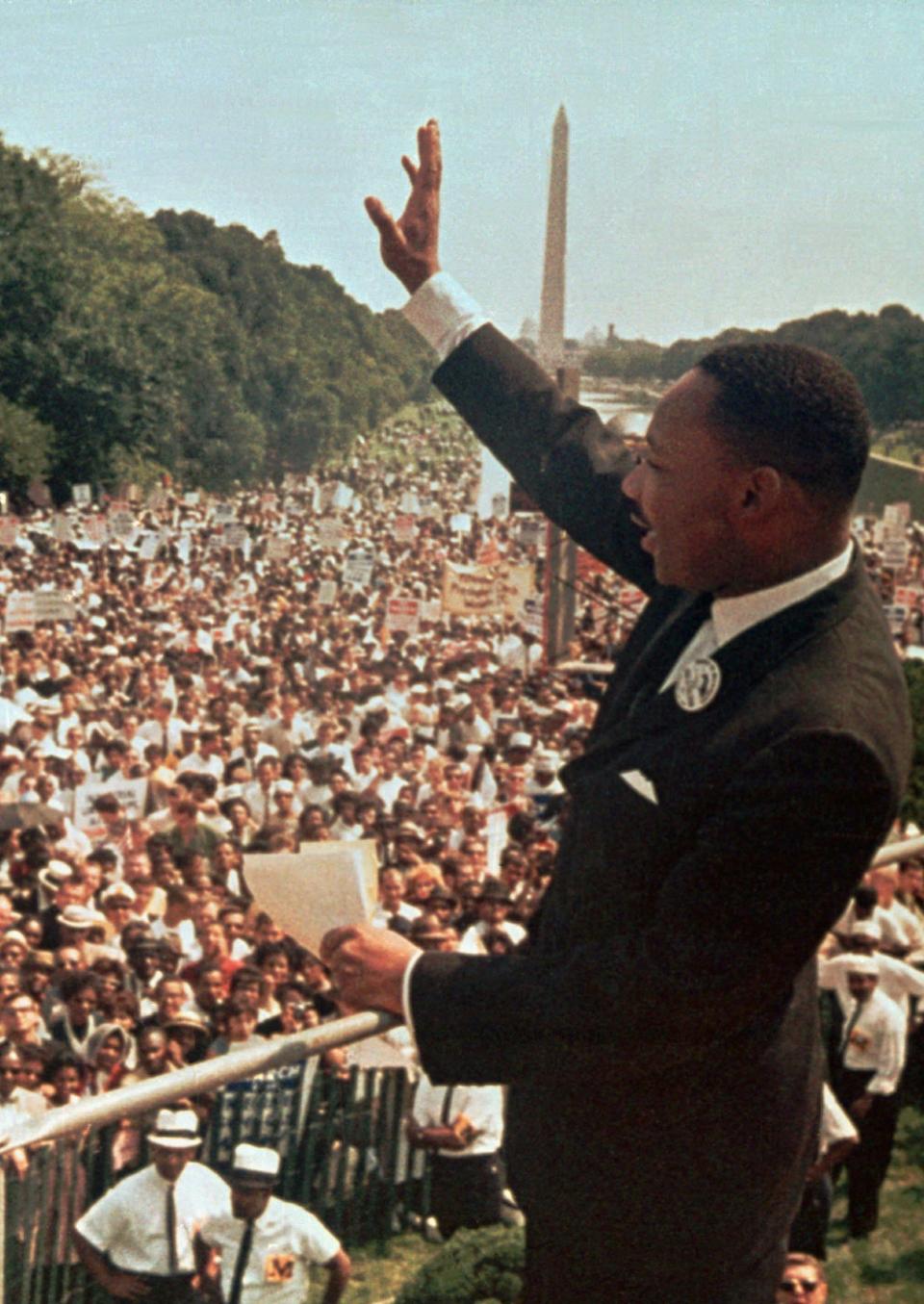Sanders: Some people never grow up
EDITOR'S NOTE: West Lafayette City Council member Dr. David Sanders penned the following commentary in observance of Dr. Martin Luther King Jr.'s birthday, recognized as a federal holiday this year on Monday, Jan. 16:
Some people never grow up. I include myself in that category.
The first Letter to the Editor that I ever submitted was when I was in fifth grade to The Record in Hackensack, New Jersey. Its topic was opposition to the death penalty. I cited statistics about how capital punishment did not reduce crime and argued that it was simply unjust.
It was during the time when the United States Supreme Court was debating the constitutionality of the death penalty and shortly before it decided in June 1972 that capital punishment was unconstitutional. I doubt my letter had any influence; I believe it went unpublished. The moratorium was ended in 1976.
Martin Luther King Jr. was an opponent of the death penalty. Although it is not well-known, some of his earliest political engagement in Montgomery, Alabama, after he became pastor at the Dexter Avenue Baptist Church was through his participation in the NAACP and its defense of Jeremiah Reeves, who was condemned to death and eventually executed.

At a “Prayer Pilgrimage Protesting the Electrocution of Jeremiah Reeves” on April 6, 1958, on the steps of the Alabama State Capitol, Dr. King, declared, “A young man, Jeremiah Reeves, who was little more than a child when he was first arrested, died in the electric chair… it is the severity and inequality of the penalty that constitutes the injustice. Full grown white men committing comparable crimes against Negro girls are rare(ly) ever punished, and are never given the death penalty or even a life sentence.”
It is well established that capital punishment continues to be imposed disproportionately and unfairly upon African Americans and certain ethnic minorities. It persists as a form of racial oppression.
The rejection by Martin Luther King Jr. of the death penalty was not based solely, however, on its discriminatory implementation. In answer to a 1957 question, “Do you think God approves the death penalty for crimes like rape and murder?” Dr. King responded, “I do not think God approves the death penalty for any crime — rape and murder included…. Shall a good God harbor resentment? Since the purpose of jailing a criminal is that of reformation rather than retribution…it is highly inconsistent to take the life of a criminal. How can he improve if his life is taken? Capital punishment is against the best judgment of modern criminology and, above all, against the highest expression of love in the nature of God.”
One argument against death sentences is that innocent people will inevitably be executed. Ultimately, however, the question is whether the government has the moral right to kill someone completely under its control. I would argue that it does not.
In a passage directly preceding one of his most famous quotations about the power of nonviolence, Martin Luther King, Jr. proclaimed, “I'm concerned about a better world. I'm concerned about justice; I'm concerned about brotherhood; I'm concerned about truth. And when one is concerned about that, he can never advocate violence. For through violence, you may murder a murderer, but you can't murder murder…. Darkness cannot put out darkness; only light can do that."
At this time of the commemoration of the birth of Dr. Martin Luther King Jr., let us embrace his vision and commit to becoming a nation of light by abolishing the death penalty.
Any child knows that it is the right thing to do.
Dr. David Sanders is an associate professor of Biological Sciences at Purdue University and a member of the West Lafayette City Council.
This article originally appeared on Lafayette Journal & Courier: Sanders: Some people never grow up

